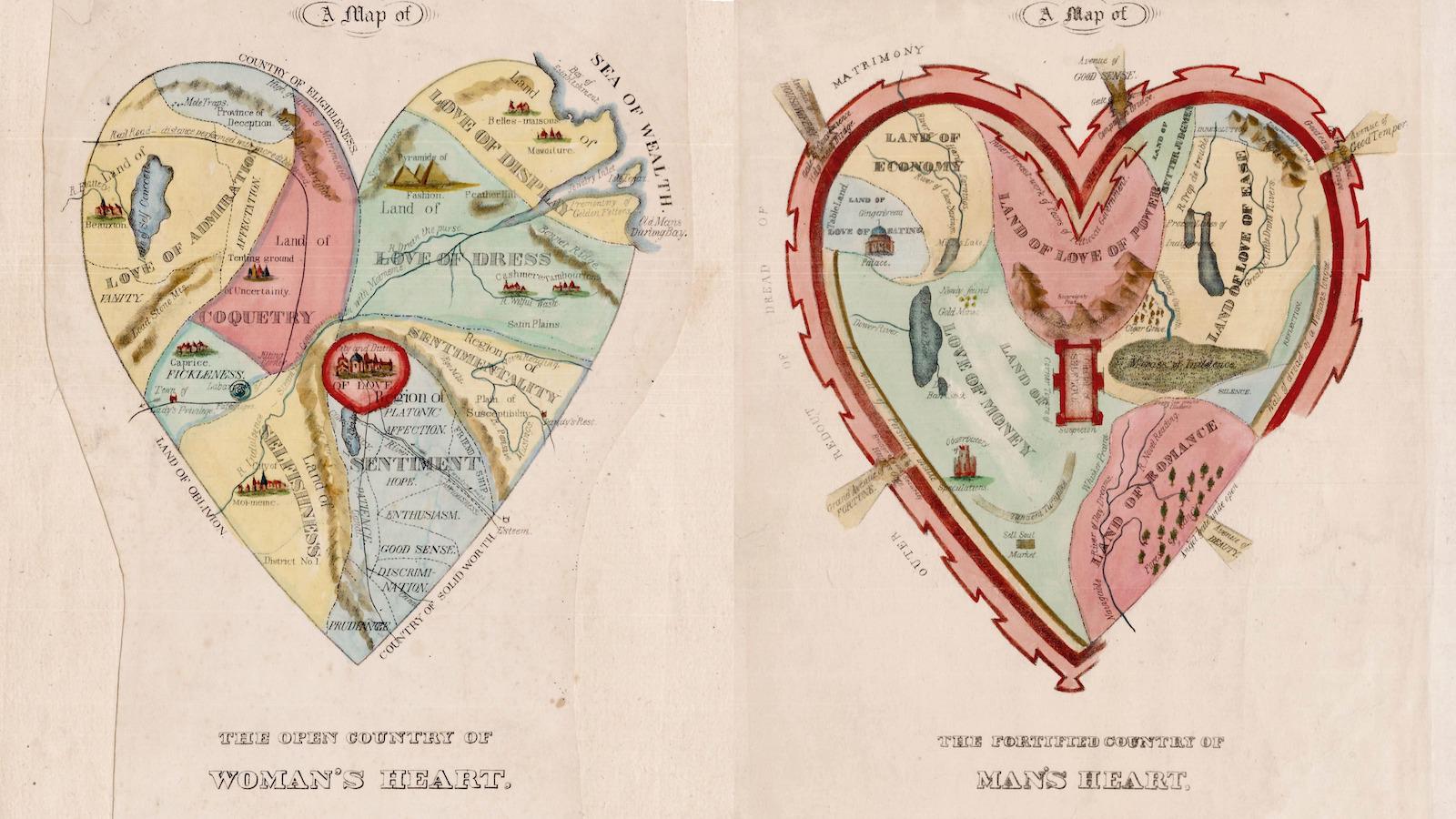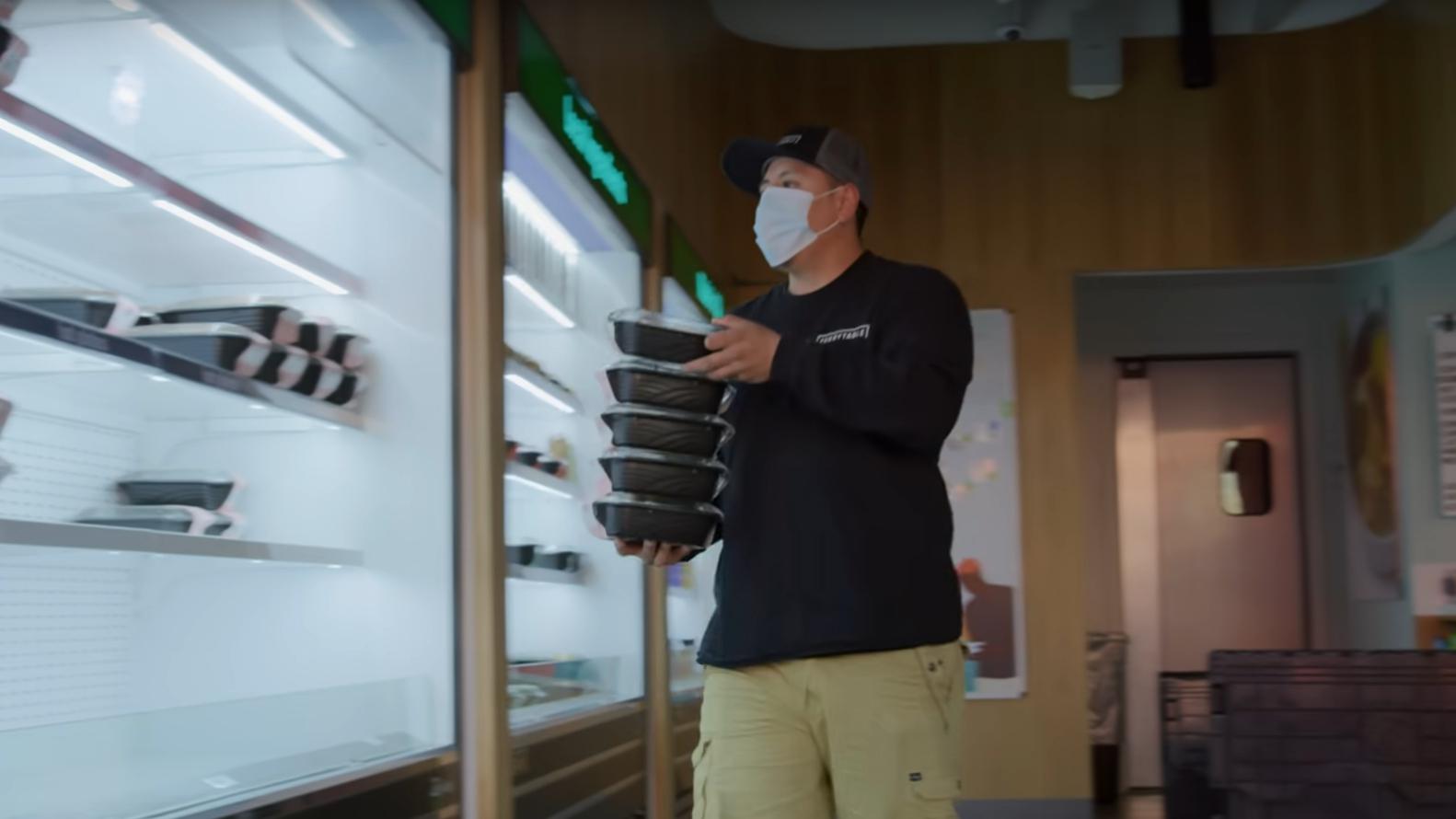Meeting people is easy. Just ask award-winning author and “most connected millennial” Jared Kleinert, who has boiled down the fine art of networking into 3 easy steps. Because just about anyone can reach out to another person, but it’s what you bring to the table that matters. Jared’s latest book is 3 Billion Under 30.
Jared Kleinert: So as an entrepreneur, as a TED and TEDx speaker, as an award winning author, and as someone who was named U.S.A Today’s “most connected millennial,” a lot of people ask me how I have built my network and how I connect with people.
And so I’ll give you the high level and then I’ll go into maybe a few specifics that you can use today to build a world-class network in record time.
At a high level I would think about networking in three basic steps. Step one, which shouldn’t even have to be told or shared, is that you should be a good person in the whole process of building your relationship, which is probably easy at first.
You bump into someone at a coffee shop or an event. Obviously you want to treat them with respect, “treat them like you would treat your mom” is something I was told recently that I really like, and shows like a level of respect that you should have for someone regardless of who they look like or who they are or anything like that.
Just treat everyone the same, be a good person, and if you are coming from that frame of mind as opposed to being selfish or trying to win a quick contract over someone, I think you’ll have a much better job long-term in terms of building your network.
And as you become a super connector you’re going to want to be more intentional about how you spend your time.
And so there’s going to be more people reaching out to you, trying to connect with you, and it’s important to treat them respectfully and be a good person with maybe someone who is less knowledgeable than you reaching out— even if you can’t spent a lot of time with them.
There’s a respectful way to say “no” or there’s a respectful way to talk to anyone regardless of if you end up spending time with them or not.
So step one, be a good person.
Step two is to provide value up front.
As you are building friendships, connecting with people it’s important to ask about what they care about and what they’re working on and what’s keeping them up at night.
See if you can offer connections or offer time or resources in order to move their agenda forward. And this is the same in marketing.
You want to offer a potential customer value before you try and ask them for money or ask them for value in return. It’s the same with sales. You have to build rapport and really establish a relationship.
But it’s important with mentors as well because a lot of times if you’re reaching out to find a mentor or you’re reaching out to someone important in your industry, they’re fielding a lot of the same sort of requests from other individuals who want their time and want their expertise. And so you could stand out by looking to offer value to them and actually being proactive about what it is they’re working on.
For example, I reach out to New York Times bestseller authors right before they’re about to come out with another book. And so I know that they are looking for introductions to press, I know that they are really busy, and so anything I can do to help them advance the book that they’re working on or save them time is really valuable to them.
And so I would think about always being a good person, providing value up front.
And then number three is being intentional about who you’re trying to build relationships with. That level of intentionality I think is missing for a lot of us in today’s day and age. There’s so much noise coming out of us and so many pings coming through our smartphone.
But if you’re looking to build a world-class network and do it in a short amount of time then you have to be intentional about what types of people you want in your network, who you want to learn from, and how you’re going to give yourself access to different networks.
And so for me I like to spend as much time as possible with people that are “super-connectors,” meaning they are well-regarded in their industry, they have high integrity, and they’re also a hub or an access point to a bunch of other people in their industry.
And so I know two or three Olympians, and if I ever had a reason to reach out to more Olympians I would go through those two or three individuals. But I was a good person in meeting them; I provided them value up front; and now I have a friendship with them that allows me access to a bunch of other Olympians.
And the same with the world of authors, the same with a lot of Fortune500 C-suite executives I know. They all know each other, and so if you can build a relationship with people who are super-connectors they give you access to a lot of other people in their network if and when you need it, and then if and when you can provide value to people and their network.
And along the way you’ve got to make sure you’re a good person and keep your reputation solid. So at a high level that’s how I would go about thinking about networking relationship building.





